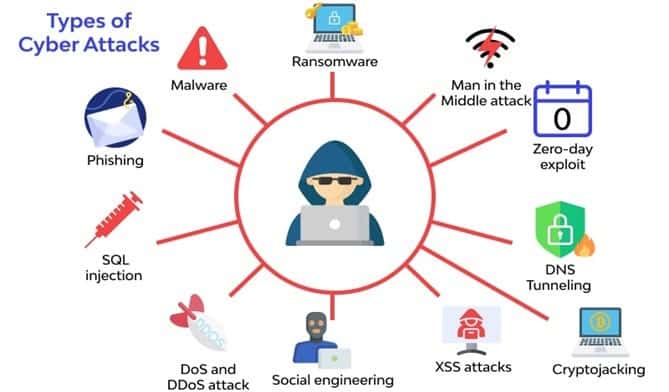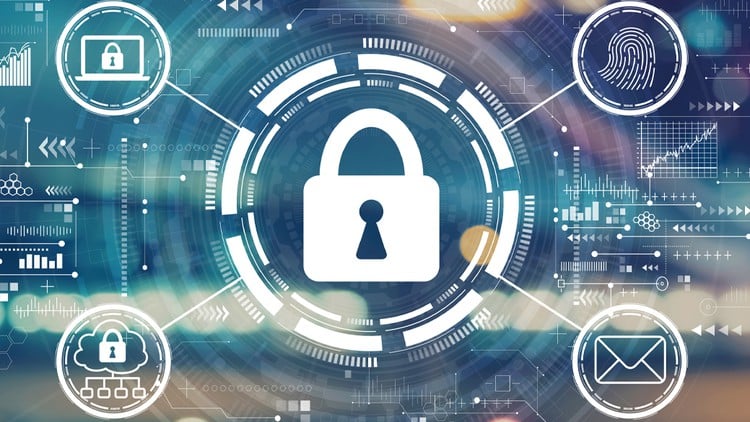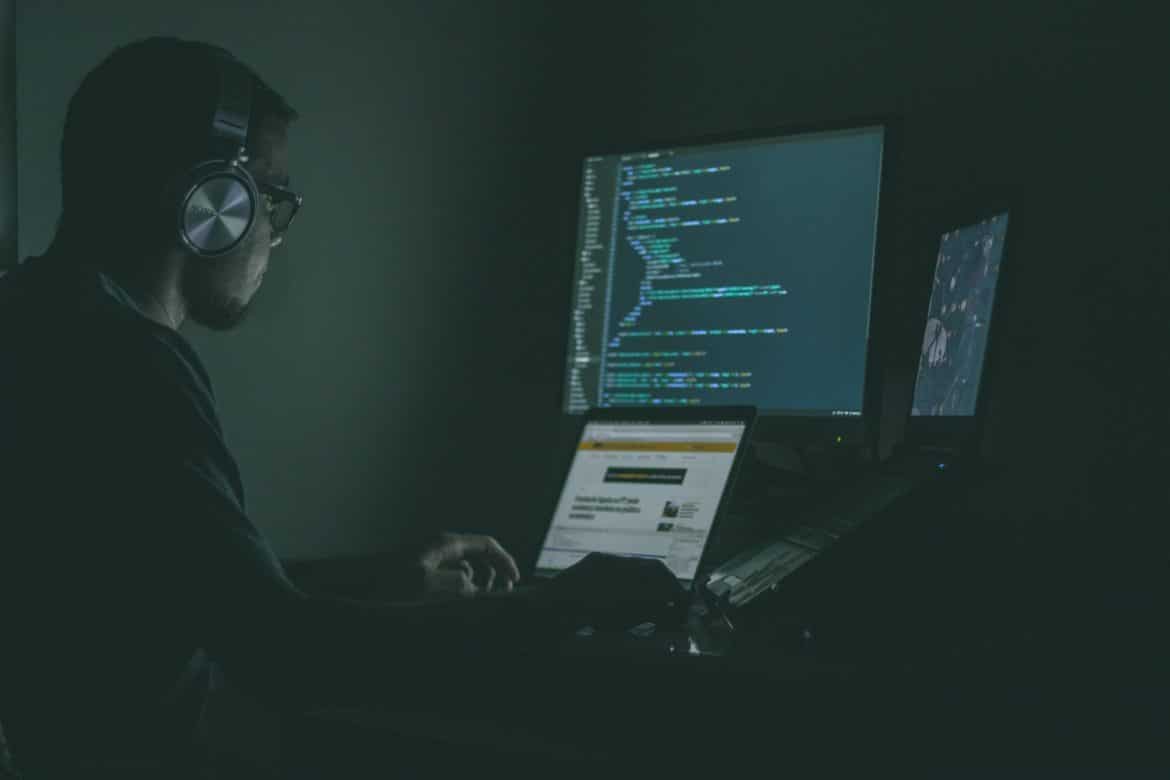In today’s interconnected world, the significance of cybersecurity engineering cannot be overstated. With the exponential growth of digital technologies, the threat landscape has evolved, presenting unprecedented challenges for individuals, businesses, and governments. In this digital age, where information is the currency of power, mastering cyber security engineering online is paramount.
The Role of Cyber Security Engineering
Cybersecurity engineering from reputed universities like University of San Diego’s online Master of Science in Cyber Security Engineering is the frontline defense against these threats, employing a multi-faceted approach to safeguard digital assets and infrastructure.
It encompasses many disciplines, including cryptography, network security, software development, and risk management. By integrating these disciplines, cyber security engineers design robust systems and protocols to mitigate risks and respond effectively to cyber threats.
The Pervasive Threat Landscape
 The digital era is rife with adversaries seeking to exploit vulnerabilities for various nefarious purposes. The threats are diverse and constantly evolving, from sophisticated hackers to state-sponsored cyber warfare.
The digital era is rife with adversaries seeking to exploit vulnerabilities for various nefarious purposes. The threats are diverse and constantly evolving, from sophisticated hackers to state-sponsored cyber warfare.
Cyber attacks range from simple phishing scams to complex ransomware attacks targeting critical infrastructure. The consequences of these attacks can be devastating, resulting in financial losses, reputational damage, and even compromising national security.
The Online Mastery Advantage
The advent of online learning platforms has democratized access to education, making it possible for individuals from diverse backgrounds to acquire specialized skills and knowledge.
Cyber security engineering online programs offer flexibility and convenience, allowing students to pursue their studies without geographical constraints or disrupting professional commitments.
Through interactive online platforms, students engage with cutting-edge course materials, collaborate with peers, and receive personalized feedback from expert instructors.
Building a Foundation of Expertise

They learn to analyze complex cyber threats, develop robust defense strategies, and implement security measures to safeguard digital assets. Additionally, they acquire hands-on experience through virtual labs, simulation exercises, and industry-relevant projects.
Navigating Complex Challenges
Cyber security is a dynamic field characterized by rapid technological advancements and evolving threats. Cyber security engineering online programs equip students with the knowledge and skills to adapt to these changes effectively.
They learn to anticipate emerging threats, assess the impact of new technologies, and implement proactive security measures. Moreover, they develop critical thinking, problem-solving, and decision-making abilities essential for addressing complex cyber security challenges.
Fostering Collaboration and Innovation
Cyber security engineering online programs foster a collaborative learning environment where students engage with peers, industry professionals, and academic experts from around the globe.
Through online forums, discussion boards, and virtual events, they exchange ideas, share best practices, and collaborate on research projects.
This collaborative approach fosters innovation and creativity, enabling students to develop novel solutions to emerging cyber security challenges.
Meeting Industry Demand

Master of Science in Cyber Security Engineering continues to outpace supply, creating lucrative career opportunities for qualified individuals. Online cyber security engineering programs provide students with the specialized skills and certifications sought after by employers across various industries.
Graduates are well-positioned to pursue careers as security analysts, penetration testers, incident responders, and security architects. Moreover, they can advance their careers through continuous learning and professional development.
Embracing a Culture of Security
In conclusion, cyber security engineering online mastery is essential in today’s digital landscape to mitigate risks, protect assets, and safeguard privacy.
By acquiring specialized skills and knowledge through online learning platforms, individuals can contribute to the collective effort of combating cyber threats and fostering a culture of security. Together, we can build a safer and more resilient digital future for future generations.
The Ever-Evolving Threat Landscape
In cyberspace’s dynamic, threats constantly evolve, presenting new challenges and vulnerabilities. The cyber threat landscape is diverse and unpredictable, from malware and phishing attacks to insider threats and zero-day exploits.
Cyber security engineering online mastery equips individuals with the knowledge and skills to identify emerging threats, analyze their impact, and implement proactive measures to mitigate risks.
Bridging the Skills Gap
The growing demand for cyber security professionals has created a significant skills gap, with organizations needing help finding qualified candidates to fill key roles.
Cyber security engineering online programs are crucial in bridging this gap by providing accessible and flexible education opportunities to individuals seeking to enter or advance in the field. By equipping students with industry-relevant skills and certifications, these programs help meet the evolving needs of the cyber security workforce.
As cyber threats continue to evolve, the importance of cyber security engineering online mastery cannot be overstated. By staying informed, remaining vigilant, and embracing a proactive approach to security, we can effectively mitigate risks and protect our digital assets. Harness the power of online learning to empower ourselves and our communities in the fight against cybercrime.

